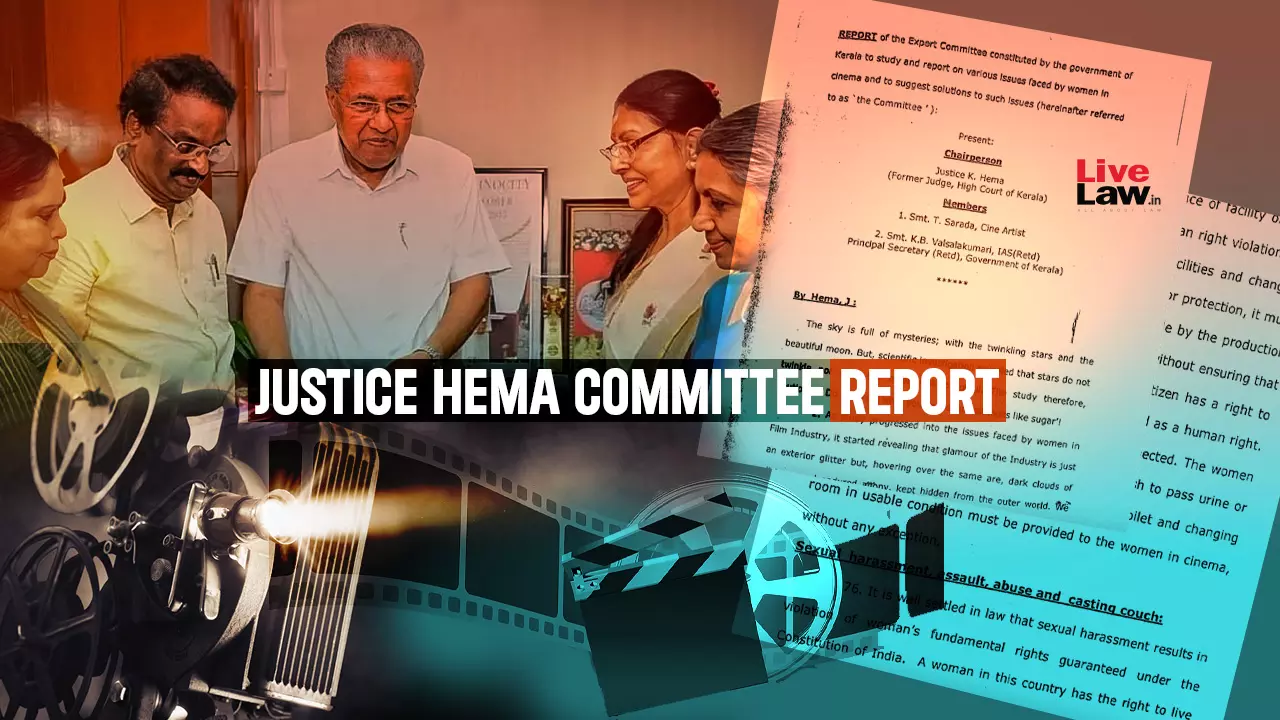 |
|
The Kerala High Court has expressed strong disapproval of the Kerala government's prolonged silence surrounding the Hema Committee Report, which investigated allegations of widespread sexual harassment and other issues faced by women in the Malayalam film industry. The court's criticism came during the dismissal of an anticipatory bail plea filed by actor Siddique in a rape case. Justice C.S. Dias, while delivering the judgment, highlighted the government's inaction, stating that despite receiving the report in 2019, it remained dormant for five years before the court's intervention brought it to light.
The Hema Committee, led by former High Court judge Justice K. Hema, was tasked with examining the challenges faced by women in the film industry and proposing solutions. The report, which was submitted to the government in 2019, detailed numerous allegations of sexual harassment, abuse of power, and systemic discrimination within the industry. However, the government's lackadaisical response to the report, despite its serious nature, drew the ire of the High Court. The court emphasized the government's responsibility to address the issues raised in the report, particularly in light of its mandate to protect the rights and safety of women.
The court also dismissed the argument presented by Siddique's legal team that the complainant lacks credibility due to her history of making allegations against multiple individuals. Justice Dias firmly countered this argument, emphasizing that a woman's experiences of sexual assault are not a reflection of her character but rather an indication of her suffering. The court stressed that attempts to discredit a victim's testimony by focusing on their personal attributes are unacceptable and undermine the principle of justice. The court also rejected the defense's argument that the delay in reporting the rape case, spanning eight years, weakens the prosecution's case. The court acknowledged the psychological trauma faced by victims of sexual violence and recognized that delay in reporting such incidents is often a consequence of the victim's emotional state. The court also highlighted the fact that when the complainant publicly shared her experiences on Facebook in 2019, she faced threats and intimidation, leading to her reluctance to pursue legal action. Ultimately, the court denied Siddique's anticipatory bail application, citing the need for his custodial interrogation and the prosecution's concerns about him potentially intimidating witnesses.
